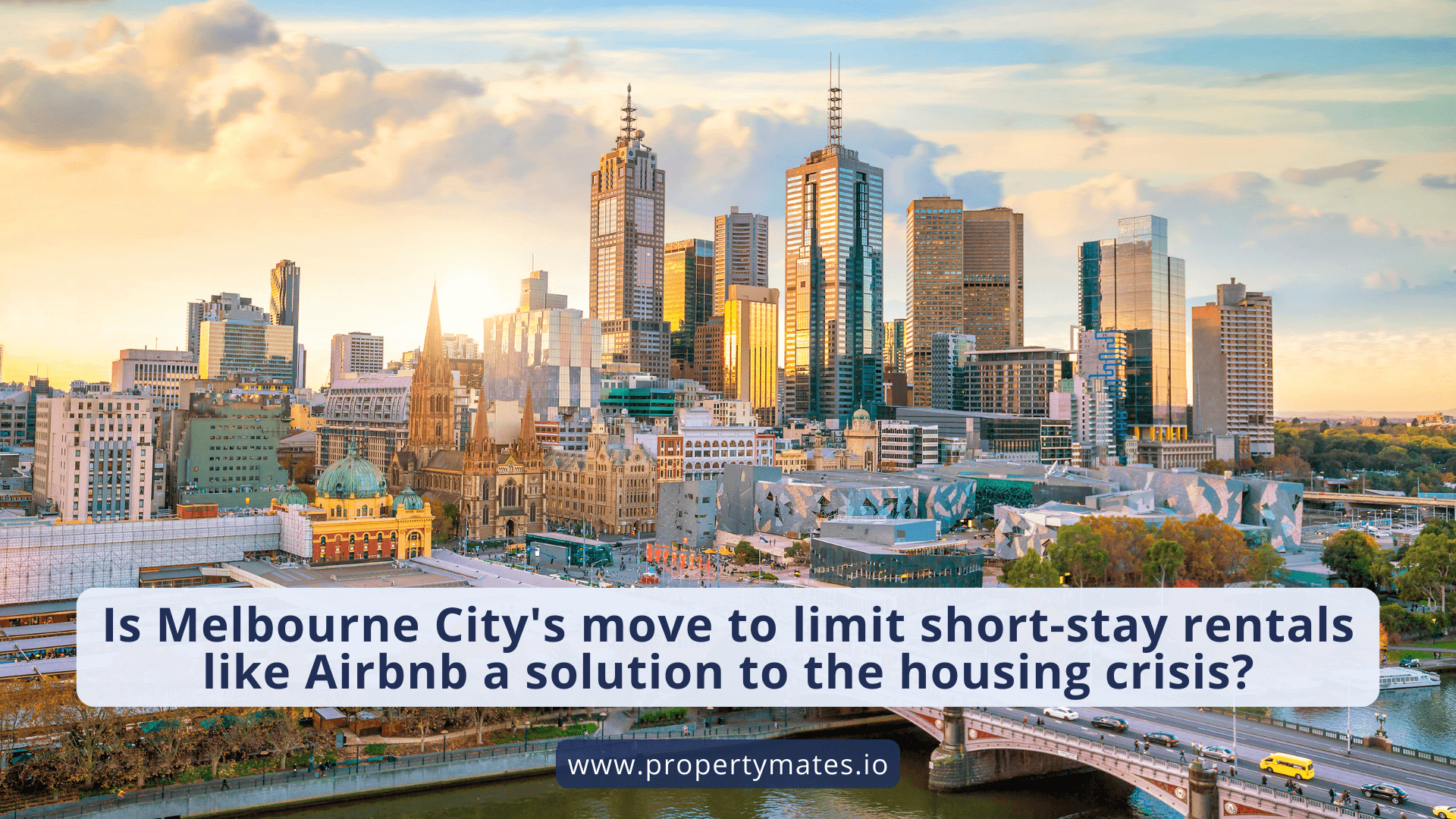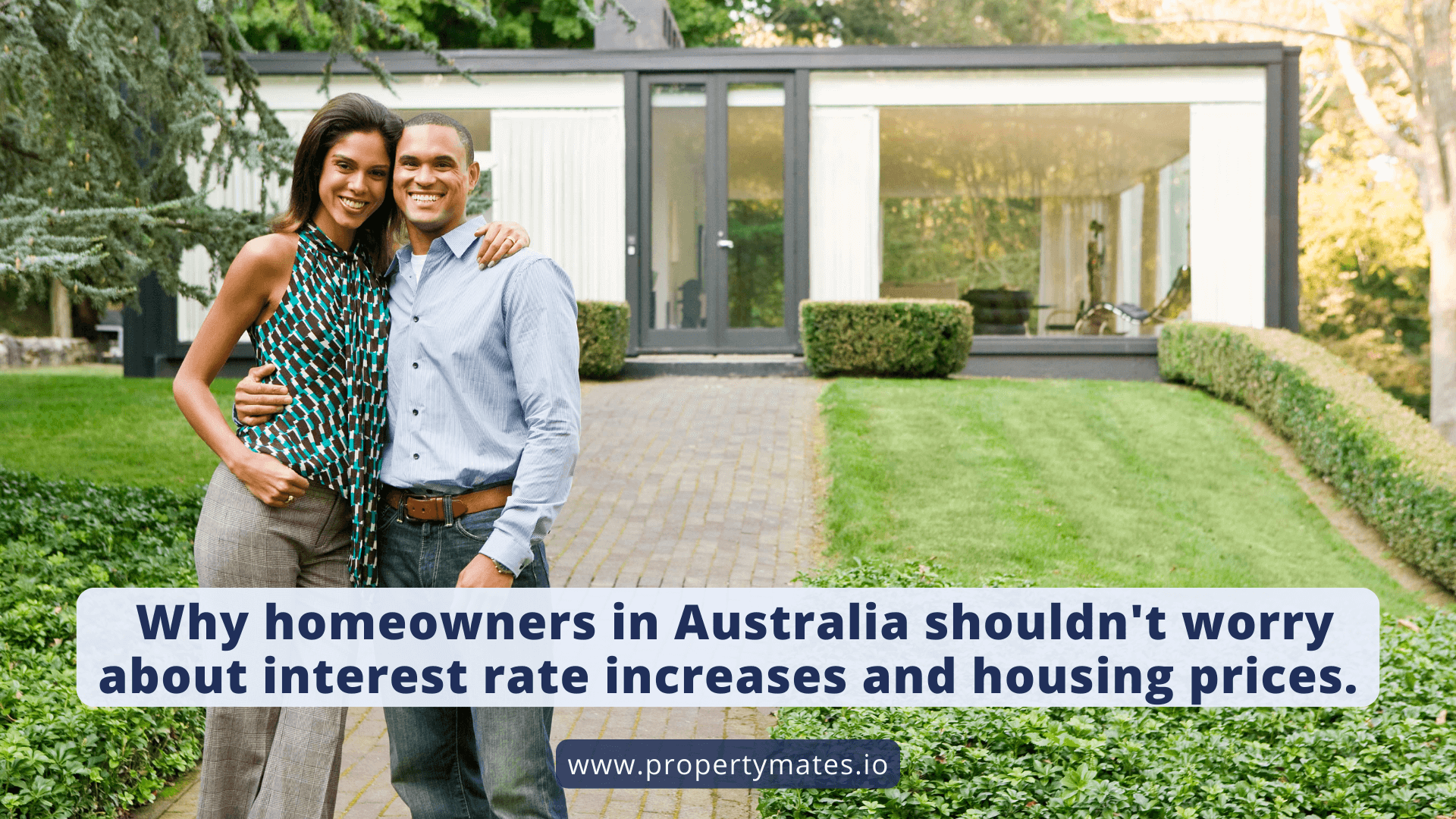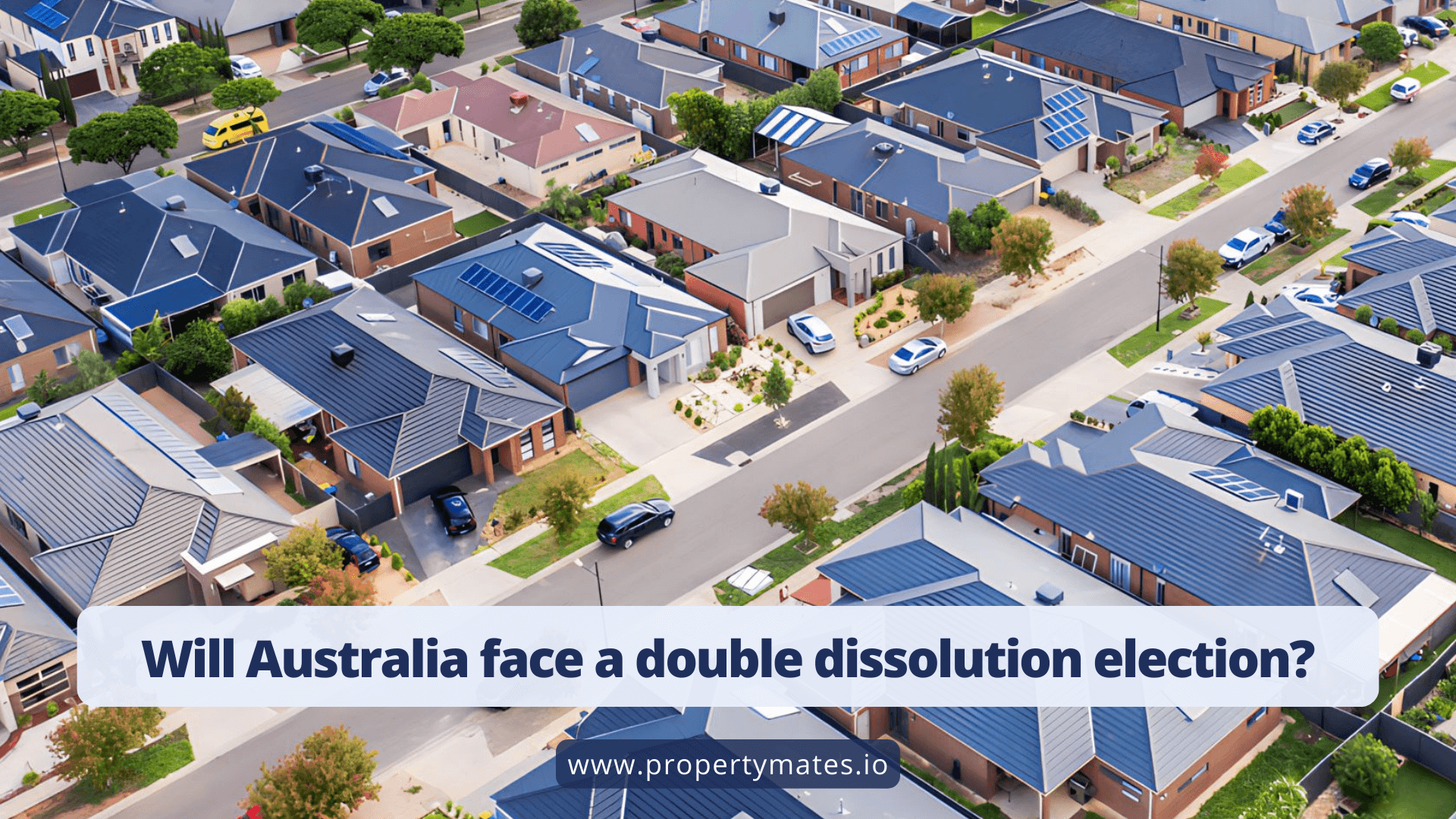Can Melbourne’s Airbnb limits solve the housing crisis?

In the heart of Australia's cultural capital, something transformative is taking place. Melbourne, with its labyrinthine laneways and iconic trams, has always been a city of change and evolution. But today, it faces a unique challenge—one driven by innovation, tourism, and the ever-shifting sands of the housing market.
As you read further, you'll uncover the complex interplay between short-term rentals and Melbourne's housing landscape. We'll navigate the winding streets of Airbnb listings, dive into proposed regulations that aim to balance the scales, and explore whether these measures can truly address the city's housing crisis.

A Glimpse into Melbourne's Airbnb Scene
As of April 2022, Melbourne boasts a staggering 19,000 active Airbnb listings. These listings cater to a diverse array of travelers, from globe-trotting tourists to business professionals seeking temporary residences.
Melbourne's allure has magnetized a substantial number of Airbnb hosts. Yet, as this figure continues to grow, questions emerge about its impact on housing affordability for local residents.
In response to these concerns, the City of Melbourne is actively considering regulatory measures. The proposed changes include:
- Capping Short-Term Rentals: A proposed cap of 180 nights per year for short-term rentals.
- Annual Registration Fees: Property investors may be required to pay an annual fee of $350 for their short-term rental listings.
Melbourne's local government aims to strike a balance between catering to tourists and safeguarding housing opportunities for its residents.
Can Regulations Solve the Housing Crisis?
While these regulatory measures are seen as positive steps, experts argue that they may not be sufficient to fully address Melbourne's housing crisis.
Dr. Michael Fotheringham, Managing Director at the Australian Housing and Urban Research Institute, believes that Australia's current regulation of short-term lending is softer compared to many other countries. He suggests that more stringent actions might be needed to effectively tackle this issue.
Brendan Coates, an economist at the Grattan Institute, proposes an alternative strategy. Rather than imposing caps, Coates suggests implementing a tax on short-stay accommodations. This tax would incentivize landlords to enter the long-term rental market.
The Broader Housing Challenge
Rental properties account for a substantial 60% of available accommodations in Melbourne. However, the city grapples with a staggeringly low vacancy rate of 0.8%, well below the healthy rate of 3%. The City Council contends that Melbourne urgently needs approximately 5,500 affordable housing units to address the existing housing shortage.
Melbourne's housing market faces multifaceted challenges, and addressing the shortage of affordable housing remains a critical issue.
Conclusion

As Melbourne adapts to these transformative changes, you can confidently navigate the housing market with Property Mates. Our platform offers a trusted space with expert guidance, simplifying your journey whether you are buying or selling a property.
Choose Property Mates, where your property dreams seamlessly find their way home. Visit us at www.propertymates.io now!

 Log In
Log In



